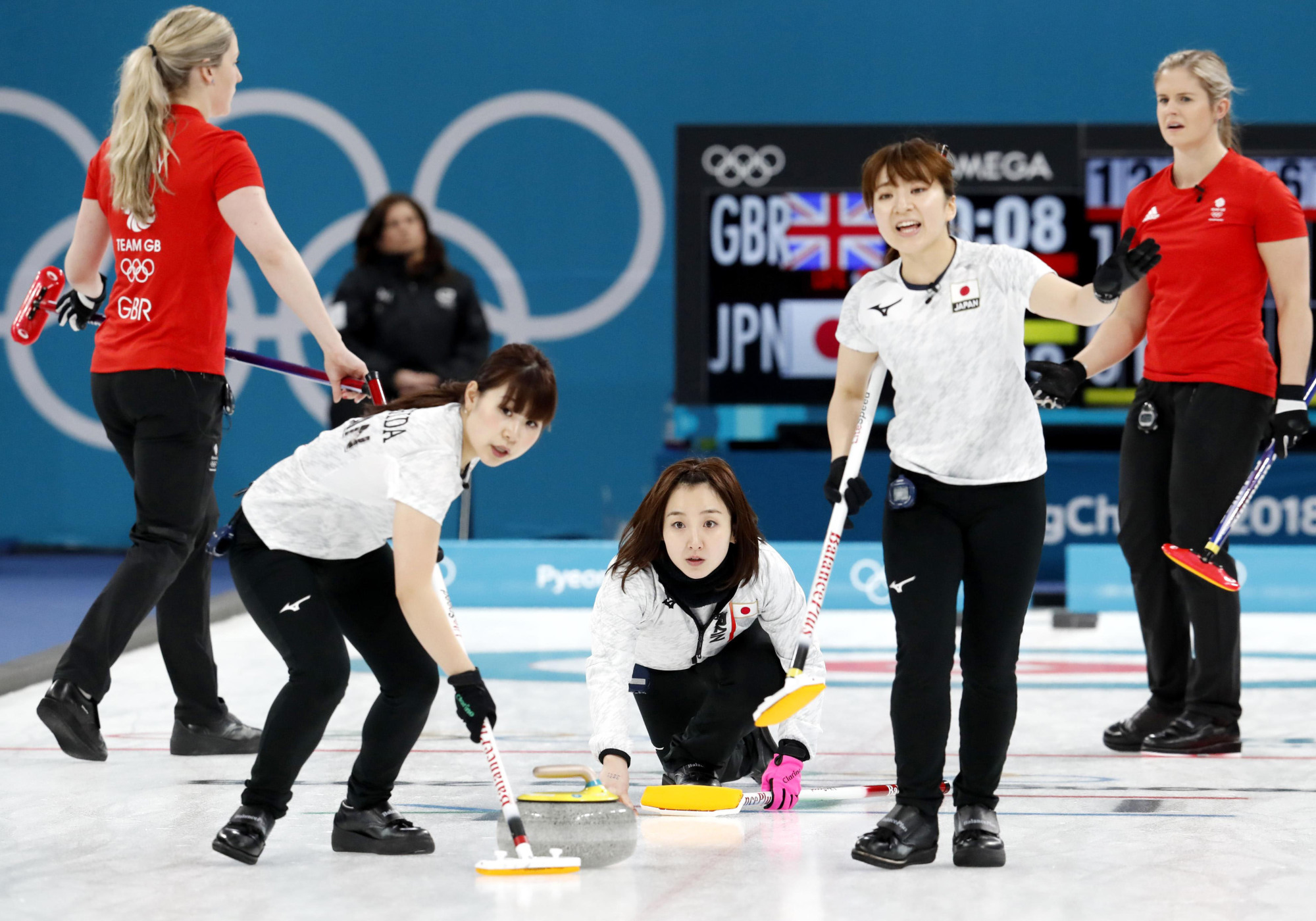Thirty candidates for buzzword of the year, announced Wednesday, highlight the numerous scandals that rocked Japan's amateur sports, the brutal summer of natural disasters as well as the country's response to the worldwide #MeToo movement against sexual harassment.
The words nominated for the 2018 U-Can Shingo Ryukogo Taisho (2018 U-Can New Words and Buzzword Awards) are terms that provide a unique insight into the nation's social trends, as well as the political, business and sports news of the year.
Included on the list was "akushitsu takkuru," meaning illegal tackle, which refers to a May incident in which a Nihon University American football club defender made an illegal late hit on the Kwansei Gakuin University quarterback at the order of then-head coach Masato Uchida. The scandal rocked the nation's college football world.



